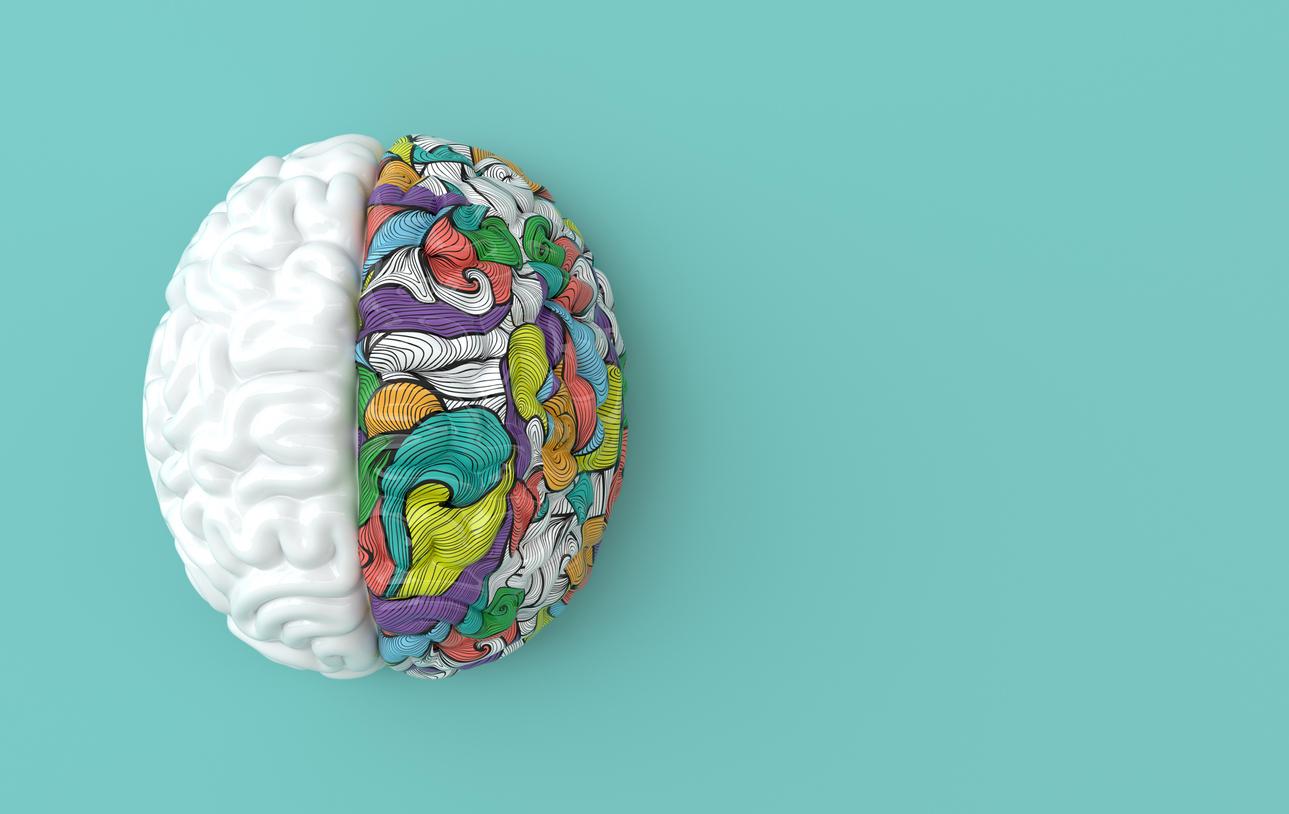Young people occupying the first place in their siblings and those without brothers or sisters are more likely to present mental disorders.

- Older children are 48% more likely to suffer from anxiety and 35% more likely to suffer from depression than children born second or later.
- Only children are 42% more likely to have anxiety and 38% more likely to have depression than children born later.
- “It’s important for parents to make sure their children get the help they need, regardless of the child’s birth order.”
BMI, prematurity, maternal psychological history… Several factors can influence the probability of mental problems in the child. However, little research has focused on the effect of birth order on the risks of experiencing anxiety and depression in young people. This is why, in a recent study, researchers looked into the question.
Only children and those born first are more likely to be anxious and depressed
For the purposes of the work, published in Epic Researchthey recruited 182,477 children born between 2009 and 2016. The patients had a doctor’s appointment during their eighth year of life, because according to recommendations, this age is the best time to start screening anxiety. Then the team took into account their age, gender, ethnicity, history of other mental disorders, mother’s history of anxiety or depression, type of insurance coverage, premature birth , social vulnerability index, urban-rural travel area classification and BMI.
The results showed that children born first in a sibling group were 48% more likely to be diagnosed as anxious during this consultation, compared to those born second or later. Similarly, only children had a 42% higher likelihood of anxiety than later-born youth. As for depression, older adults were also more likely (35%) to have it than their younger brothers and sisters. For only children, the risk of being diagnosed with a depressive disorder was 38%.

Children should receive “the help they need, regardless of birth order”
Although the authors identified birth order and not having siblings as potential markers of risk for anxiety and depression in children, they do not know why older children and only children are more affected by mental disorders. “Anxiety and depression do not have a single cause, so understanding what factors are likely to impact a child can help parents and clinicians ensure they are helping the child respond to “However, it is important for parents to ensure that their children receive the help they need, regardless of the child’s birth order.” said Caleb Cox, who led the work, in an interview with HuffPost.
















